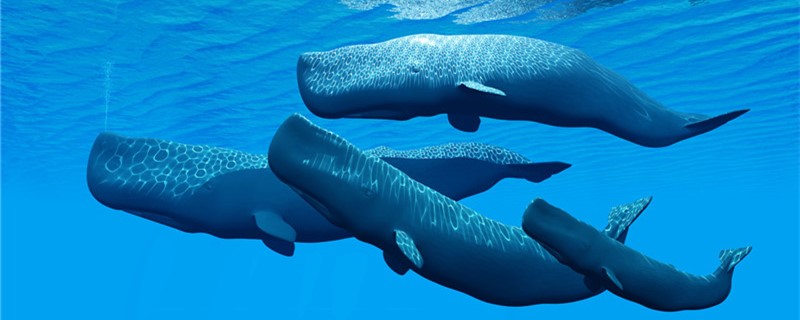
a whale is a mammal that lives in the water. They are relatively large, their activities consume more energy, and they do not stop even when they sleep, so their metabolic rate is relatively high, and their life span is not particularly long. Specifically, there are different species of whales, some species of whales can live for a longer time, and some species can live for a shorter time. Belugas, for example, have a relatively short life span, perhaps 30 or 40 years; But the blue whale is a relatively long-lived species, they can live for about 80 years, and some can live to 100 years.
There are many factors that affect the lifespan of a whale. For example, human hunting is an important factor in shortening the life span of whales, and even some countries have special whaling teams to hunt whales, which poses a great threat to whale populations. Moreover, the marine environment also affects the longevity of whales. For example, when the oceans are polluted, the lives of whales are shortened.
There are many different species of whales, and the differences between these different species are quite large. Among them, their body sizes will be very different. Blue whales, for example, are the largest species of whale, ranging in length from 22 to 33 meters and weighing up to 180 tons. However, other whale species are not so large, such as belugas, whose body length is only between 3.7 and 5.1 meters. Of course, even in the same breed, there are individual differences in their specific size, which are affected by many factors, such as the suitability of the environment and so on.